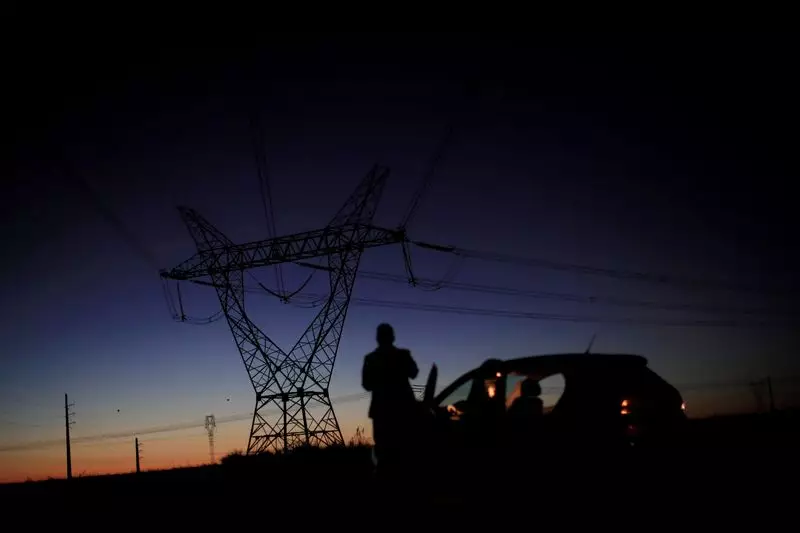Brazil’s energy supply largely depends on hydroelectric plants, despite the growth of wind and solar power in recent years. This heavy reliance on hydroelectricity makes the country vulnerable to fluctuations in reservoir levels, especially during the dry season.
Aneel, the local power regulator, has decided to activate the “red level 2” pricing system in September. This means that Brazilian consumers will face an additional charge of 7.88 reais ($1.40) for every 100 kilowatt-hour of electricity they consume. The decision comes after a forecast of below-average rainfall in Brazil’s main hydroelectric areas, forcing power generators to rely more on thermoelectric plants, which are more costly to operate.
The implementation of additional charges on electricity bills not only burdens consumers but also raises concerns about inflation in the country. Aneel’s pricing system, which includes “green”, “yellow”, “red level 1”, and “red level 2” ranks, reflects the increasing costs of power production in Brazil.
This is not the first time that Brazil has faced challenges related to its energy supply. In August 2021, the country grappled with a major drought, leading to the activation of the “red level 2” pricing system. The recurrence of this situation highlights the need for Brazil to diversify its energy sources and reduce its dependence on hydroelectricity.
To address the issue of fluctuating electricity prices and the environmental impact of hydroelectric plants, Brazil should invest more in renewable energy sources such as wind and solar power. By diversifying its energy mix, the country can enhance its energy security and reduce its vulnerability to climate fluctuations.
The increase in electricity prices for Brazilian consumers in September underscores the challenges of maintaining a stable and affordable energy supply in a country heavily reliant on hydroelectric power. As the effects of climate change become more pronounced, Brazil must prioritize the transition to sustainable energy sources to ensure a resilient and environmentally friendly energy sector.

